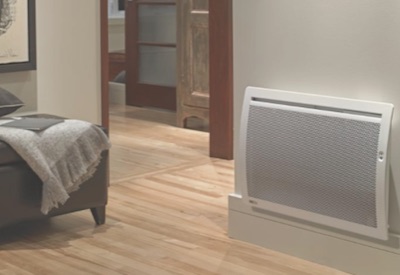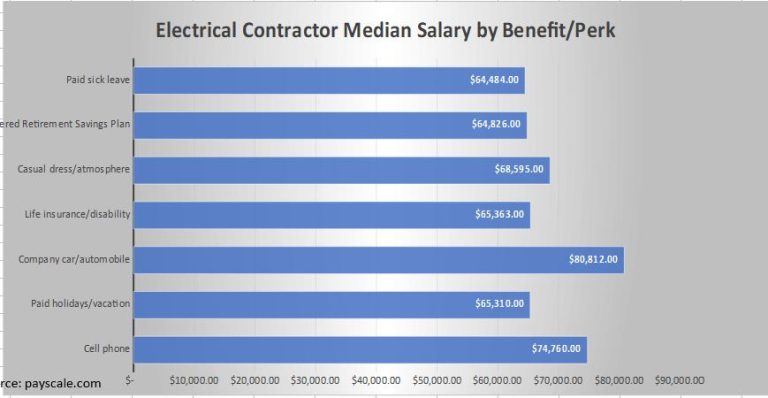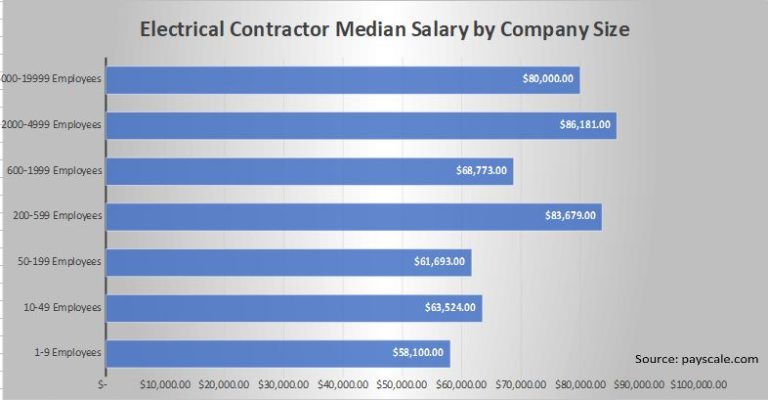Residential Sector Drives September Gains in Building Construction
Total investment in building construction increased 0.3% from August to $14.5 billion in September.
Total investment in building construction increased 0.3% from August to $14.5 billion in September.

Sports bloopers are often about preventable errors that favour the other team. The classic is when players score against their own side. In the world of business, there are similar blunders — particularly during conversations with potential customers — that end up favouring the competition.

As a 54-year-old low tech guy raised in small town Canada, I sometimes have issues fitting into our current high tech kinda life. Certain things do not come naturally.

Electronic overhead travelling (EOT) cranes are mechanized tools that lift and move things from one location to another.

Networked lighting control systems (NLCs) are really computer networks — they just happen to control luminaires, occupancy sensors, photosensors and light switches.

As smart buildings rely on more high-power, long-reach applications, such as PONs (passive optical networks) and BASs (building automation systems), digital electricity cables are becoming a viable option to safely and reliably transmit power and data across long distances.

The Canadian Survey of Cyber Security and Cybercrime was conducted for the first time to measure the impact of cybercrime on Canadian businesses.

Contrary to popular belief, hiring students into companies today isn’t a charitable act. It’s a mutually beneficial one for students and the organizations they work for.

In May 2016, an electrical worker fell from a ladder and suffered permanent injuries while performing electrical wiring work.

In winter, heating accounts for an average of 60% of the residential electricity consumption of Quebec households. How to reduce this load without compromising comfort? How to improve the energy efficiency of our residential electric heating? Read on to learn more.

Electrical contractors identify having a company vehicle as the primary perk for working within the industry.
Canadian municipalities issued $8.1 billion worth of building permits in September, up 0.4% from August. The national increase was driven by higher construction intentions in Quebec.
Non-residential sector: higher construction intentions for institutional buildings.

As lighting becomes more connected, facility managers, agents, architects and designers need to learn networking basics and terminology.

Allison Wood and Dominique Rivet are two apprentices who had a wealth of career options available to them but chose to work in the powerline trades. They couldn’t be happier with their decision.

The Code is a comprehensive document. Sometimes it can seem quite daunting to quickly find the information you need. This series of articles provides a guide to help users find their way through this critical document.

Across Canada, as companies grow in size the median salary tends to increase, with those working for companies with 2000-4999 employees earning the most at $86,181.
This project is funded [in part] by the Government of Canada.
Ce projet est financé [en partie] par le gouvernement du Canada.
